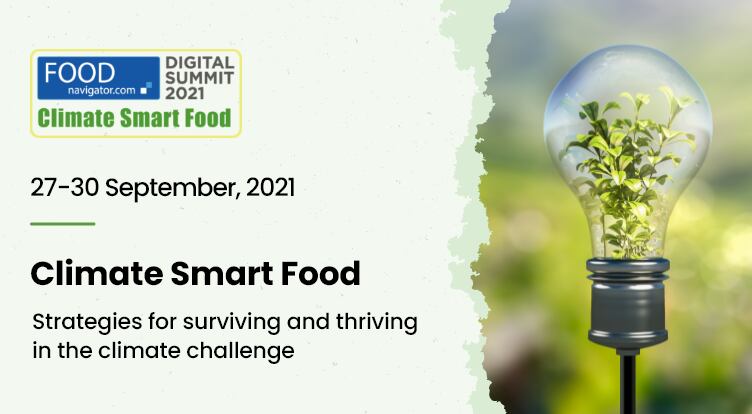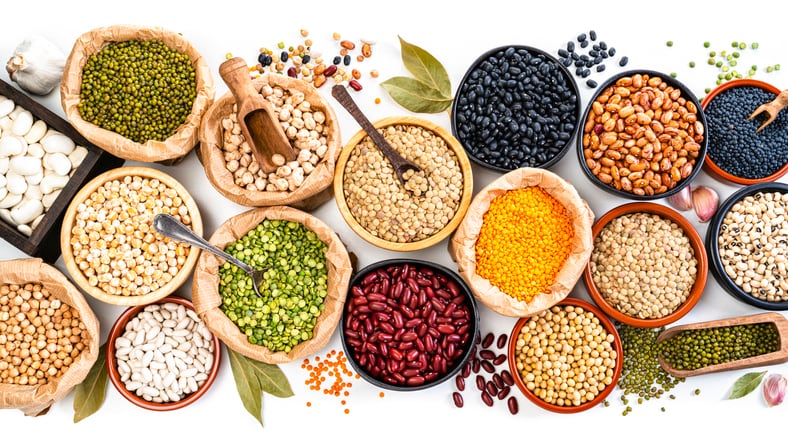Sagentia Innovation’s whitepaper, The Future of Food, claims the current food system is unsustainable and considers technical innovations with the potential to turn this around, from the production of alternative proteins to technologies that provide better supply chain visibility.
“New technologies allow us to reimagine traditional processes,” Sagentia Innovation’s CTO Alun James explained. “From intelligent application of pesticides and fertilizers to improve crop yields with minimal environmental impact to vertical farming using hydroponics and aeroponics.”
The whitepaper identifies four key innovation areas that could deliver holistic sustainability benefits at a global level: crop breeding, robotics and automation, vertical farming, and mobile applications.
But the R&D consultancy concluded new technologies, coupled with training and education, are only one aspect of the food system transformation that is needed. At a global level, solutions to make food more sustainable should to be ‘accessible and affordable for all communities’ – a statement that holds true across the farm-to-fork journey.
“When it comes to sustainability, the simplest questions can sometimes be the most difficult to answer. There are always trade-offs, and a good solution in one scenario might not be the best course of action in another. In fact, sometimes the best you can do is opt for the ‘least worse’ solution as anything you do will have some downsides. However, this can’t be used as a rationale for doing nothing,” one of the paper’s authors, Dr Caroline Potter, VP Sustainability, told FoodNavigator.
Doing nothing is not an option: 'Take steps in the right direction and adjust them over time'
“Right now, a full consideration of sustainability is the missing link for many otherwise effective solutions. But there is a window of opportunity for organisations to collaborate on this matter, delivering truly sustainable agri-food solutions. Getting it right could turn the tide on our unsustainable global food system, improving food security for future generations,” Dr Potter suggested.
According to Dr Potter ‘one of the biggest pitfalls’ the food sector faces is ‘fixating’ on one aspect of sustainability at the expense of others. “Taking a full lifecycle analysis approach can help avoid this, ensuring multiple factors are accounted for. This inevitably introduces complexity, so it’s important to strike the right balance. It’s about appreciating the bigger picture without letting analysis-paralysis creep in,” she explained.
Sagentia Innovation’s James also stressed the need to move quickly and avoid indecision. “Many parts of the agri-food industry are governed by harvests and annual cycles, so indecision can cause lengthy delays in implementation. Climate change won’t wait, so it’s often better to take steps in the right direction and adjust them over time, rather than waiting for the best solution at the right moment,” he told us.
Alun James will be joining our expert panel on Day 4 of FoodNavigator’s 2021 broadcast series, Climate Smart Food, this Thursday (30 September). He will be discussing how innovations in ag tech can help boost system resilience and reduce the impact of food production.
With the food system contributing around one-quarter of greenhouse gas emissions today, it is clear that business-as-usual is not an option. So what needs to change if we are to transition towards truly sustainable nutrition? Join us to find out.
To register for free, click HERE, or to view details of our full programme, click HERE. And if you have missed any of the live content, don't worry, it is all available on demand for the next 90 days.





